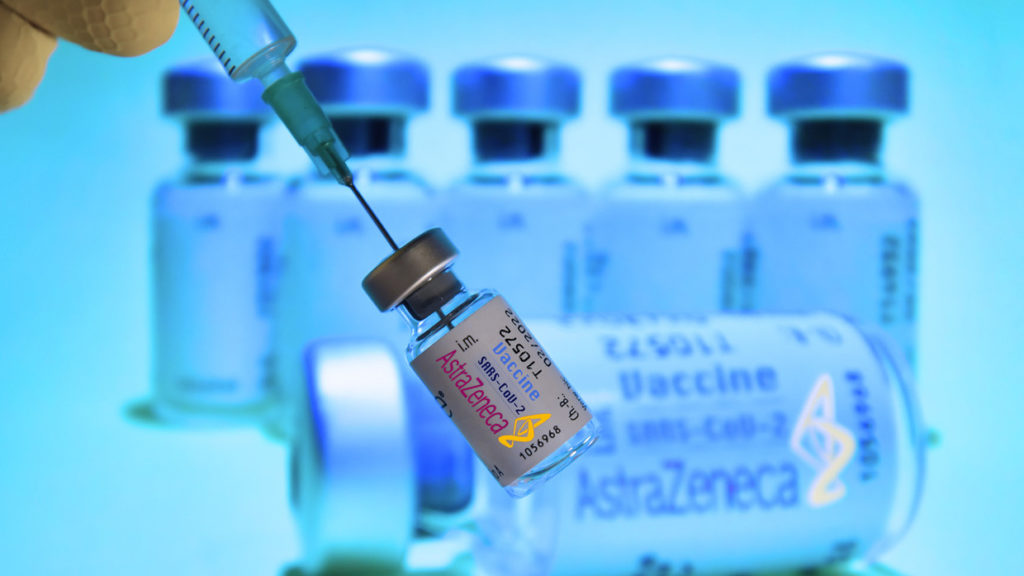A larger dosage usually produces a stronger immune response, so the discrepancy made some experts wonder. Apparently, AstraZeneca omitted a key detail of their study that explains the results, Bloomberg reported on Tuesday citing Moncef Slaou, the head of the US Operation Warp Speed program.
The half-dose variant was tested on people aged between 18 and 55, while the full-dose test included elderly people. Younger people tend to have stronger responses to some kinds of vaccines. AstraZeneca earlier said their study has proven a strong response among the elderly. The difference in dosage was not by design but rather due to an error in the quantity of vaccine put into some vials, according to Slaou.
Western frontrunners in the vaccine race expect fast-track approval by drug regulators, but AstraZeneca’s snafu may come at a cost, some experts believe.
“I don’t believe that the FDA will look positively at any trial where the dose, or the age cohorts, or any other variable were changed mid-trial, inadvertently or deliberately,” said Geoffrey Porges, an SVB Leerink analyst who predicted on Monday that the US Food and Drug Administration would not clear the vaccine.
